Seoul cyber experts warn of more attacks as North blamed
Tue 16 May 2017, 13:30:24
More cyberattacks could be in the pipeline after the global havoc caused by the Wannacry ransomware, a South Korean cybersecurity expert warned today as fingers pointed at the North.
More than 200,000 computers in 150 countries were hit by the ransomware attack, described as the largest ever of its kind, over the weekend.Since Friday, banks, hospitals and state agencies have been among the victims of hackers exploiting vulnerabilities in older versions of Microsoft computer operating systems and demanding payment in the virtual currency Bitcoin.
The code used in the latest attack shared many similarities with past hacks blamed on the North, including the targeting of Sony Pictures and the central bank of Bangladesh, said Simon Choi, director of Seoul internet security firm Hauri.
Choi, known to have vast troves of data on Pyongyang's hacking activities, has publicly warned against potential ransomware attacks by the North since last year."I saw signs last year that the North was preparing ransomware attacks or even already beginning to do so, targetting some South Korean companies," he told AFP.
He cited a major attack last year that stole the data of over 10 million users of Interpark, a Seoul-based online shopping site, in which hackers demanded bitcoin
payments worth about USD 3 million.
payments worth about USD 3 million.
Seoul police blamed the North's main intelligence agency for the attack.
More attacks were possible, Choi said, "especially given that, unlike missile or nuclear tests, they can deny their involvement in attacks in cyberspace and get away with it".
Security researchers in the US, Russia and Israel have also reported signs of a potential North Korean link to the latest cyberattack, although there is no conclusive evidence of that.
Google researcher Neel Mehta posted computer code showing similarities between the "WannaCry" malware and a vast hacking effort widely attributed to Pyongyang.
The isolated, nuclear-armed state is known to operate an army of thousands of hackers operating in both the North, and apparently China, and has been blamed for a number of major cyberattacks.
In November 2014, Sony Pictures Entertainment became the target of the biggest cyberattack in US corporate history, linked to its release of North Korea satire "The Interview", hated by Pyongyang.
Washington blamed Pyongyang for the hacking, a claim it denied -- though it had strongly condemned the film, which features a fictional CIA plot to assassinate leader Kim Jong- Un.
No Comments For This Post, Be first to write a Comment.
Most viewed from International
Most viewed from World
AIMIM News
Latest Urdu News
Most Viewed
May 26, 2020
Which Cricket team will win the IPL 2025 trophy?
Latest Videos View All
Like Us
Home
About Us
Advertise With Us
All Polls
Epaper Archives
Privacy Policy
Contact Us
Download Etemaad App
© 2025 Etemaad Daily News, All Rights Reserved.



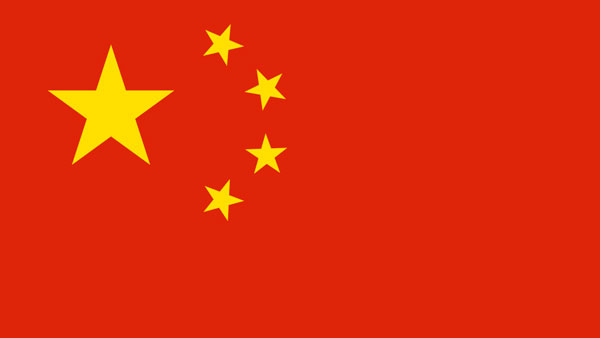

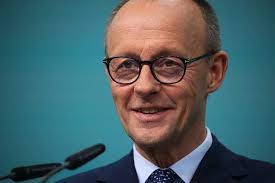
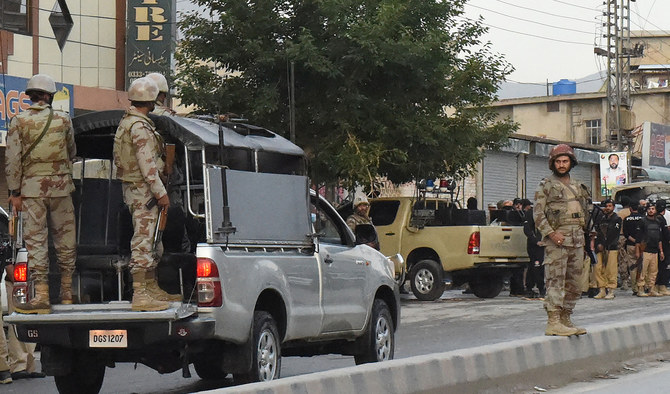

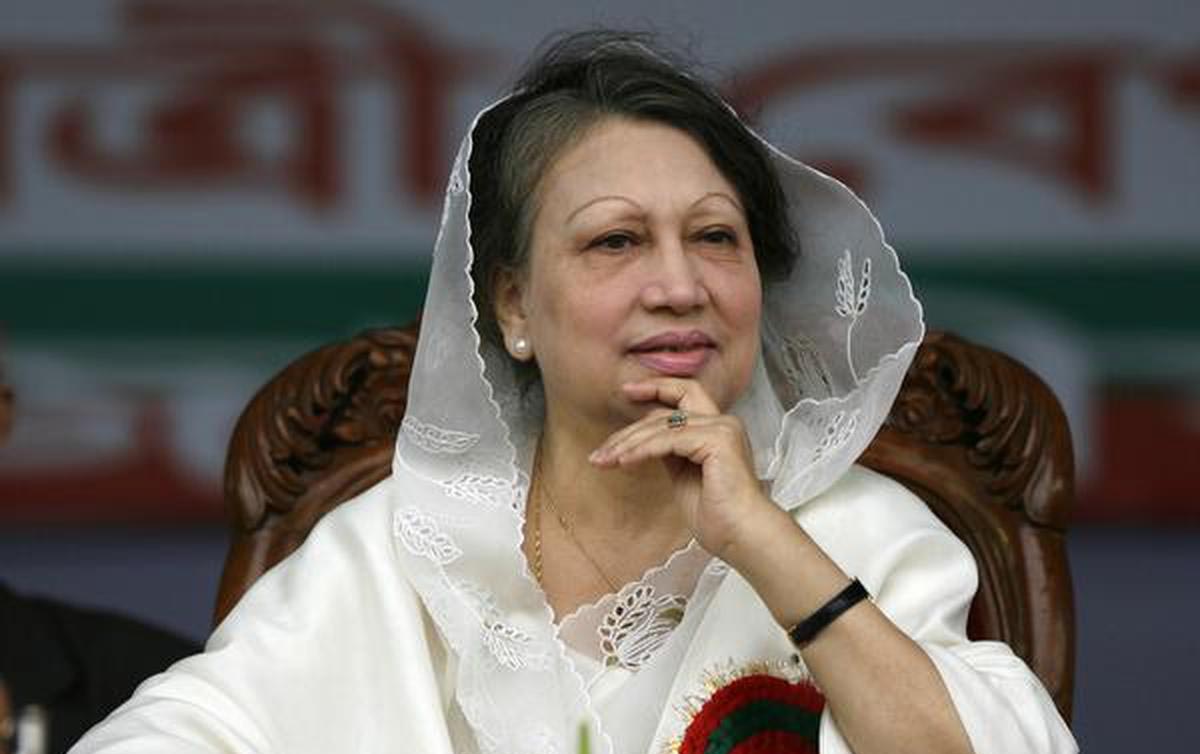
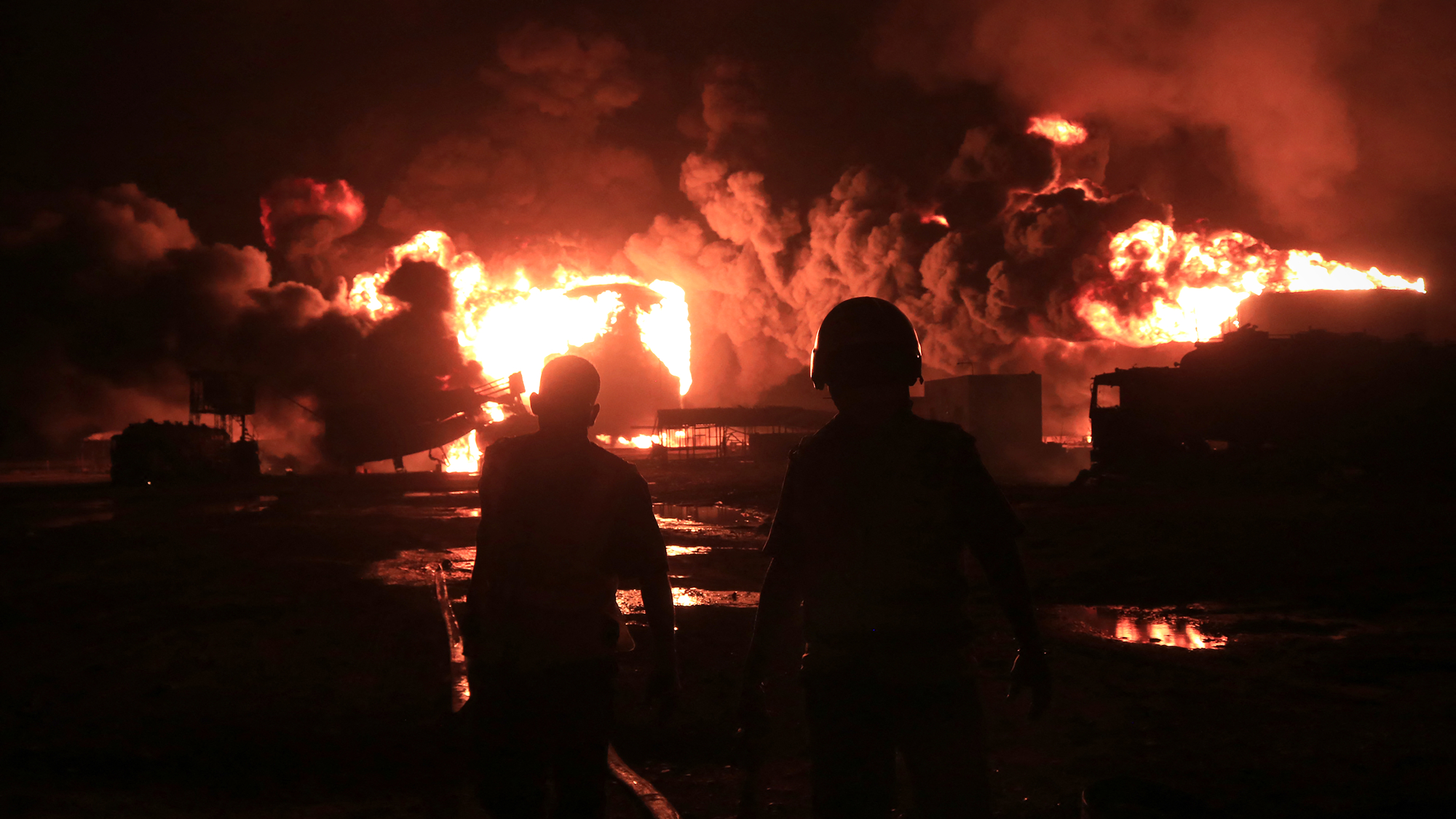
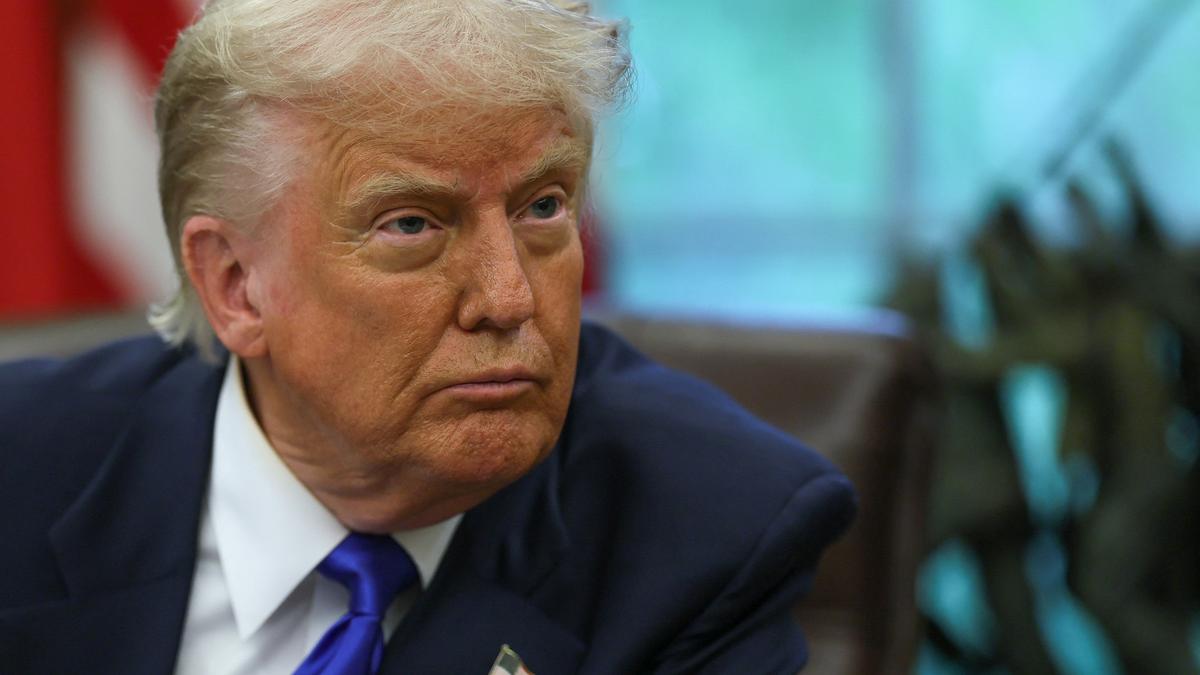









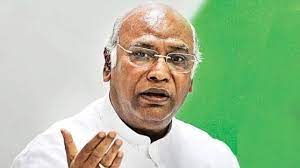


















.jpg)




